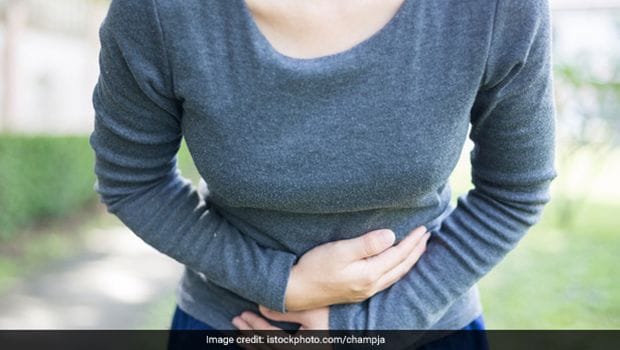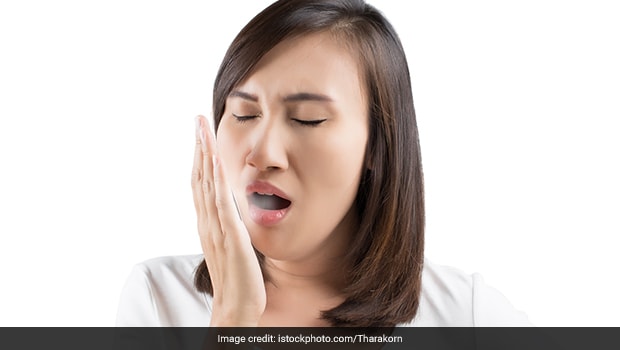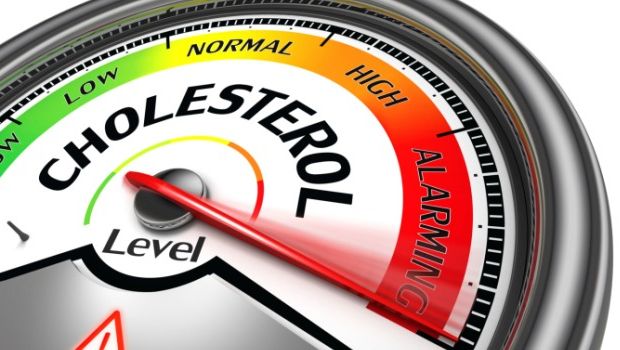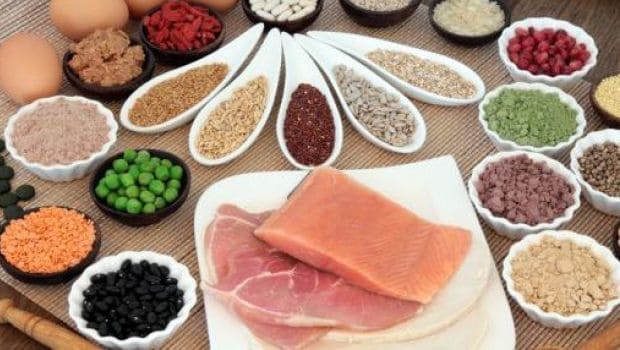Protein plays a critical role in our body mechanism; for energy, satiation, for building and repairing muscles, to process nutrients and most of all boost immunity among other vital roles. Protein is made up of amino acids that are building blocks of tissues including muscles, hair, skin, blood vessels and nails. Additionally, it is responsible for the production of enzymes and hormones that help the body to function properly. That's how important protein is. In fact, high protein diets are a rage nowadays, thanks to its tremendous health-promoting properties. For those who are looking to lose weight are especially opting for protein diets as they help increase your metabolic rate and help you feel full for longer, and hence avoid hunger pangs.
But does this mean that we can easily skip following the intake of the recommended amount of protein in our diet? According to Dr. Ritika Sammadar, Nutritionist at Max Super Specialty in New Delhi, you must derive more than 40 percent of your total energy from proteins. For every one kilogram of body weight, one gram of protein is required." Excess consumption of protein might just reverse its positive effects. We enlist some of the signs that indicate that you are consuming way too much protein.
1. Dehydration
When you consume proteins in excess, your kidneys have to work doubly hard to flush them out through urine, which can end up making you feel thirsty. This way, you are losing essential minerals like magnesium, potassium and sodium too. So even if you have been asked to consume more protein, you must ensure that you load yourself with many fruits and vegetables that have a high water content and mineral content to offer.
(Also read: 5 Effective Herbal Remedies For Dehydration)

Excess protein consumption may cause dehydration
2. Bowel problems
High protein and low carb diets can easily wipe out healthy flora of the gut because you are not consuming enough pre-biotics, a fiber that helps fuel healthy bacteria. This may lead to various bowel problems, out of which constipation and diarrhea are common. You may also experience cramping and bloating in the stomach.

High protein and low carb diets can easily wipe out healthy flora of the gut
3. Mood swings
Going on a protein diet may mean cutting down on carbs, which can affect your mood in many ways. Lesser carbs will mean lesser serotonin levels in your brain causing you to feel sluggish and low all day long. And when you don't feel great about your day, you may experience various mood swings.

Going on a protein diet may mean cutting down on carbs, which can affect your mood in many ways
4. Weight gain
Cutting back on carbs will mean damaging the gut flora, hampering the digestive system. Also, if you are having too much animal protein, there is a chance that you are actually consuming extra fat and calories that will definitely lead to weight gain. The idea is to include lean proteins along with carbohydrates to find a balance.

Cutting back on carbs will mean damaging the gut flora, hampering the digestive system
5. Bad breath
Say if you are on a super low carb and high protein diet, your body experiences a state of ketosis, which means it has churned out all the stored carbs in your body and is primarily burning fat for energy, which causes bad breath. Therefore, more than anything, keeping your carb intake consistent is imperative.

If you are on a super low carb and high protein diet, your body experiences a state of ketosis
6. High cholesterol levels
High protein clearly does not mean excess consumption of eggs, dairy and poultry which are responsible for raising your bad cholesterol. For excess protein intake you can switch to low fat milk, egg whites and plant based proteins like beans, lentils and tofu among others.

Excess consumption of proteins can increase bad cholesterol
So, if you have been experiencing any of these indications, there is a possibility of you overdosing yourself with proteins. Consult your doctor and see how you can change your diet.









